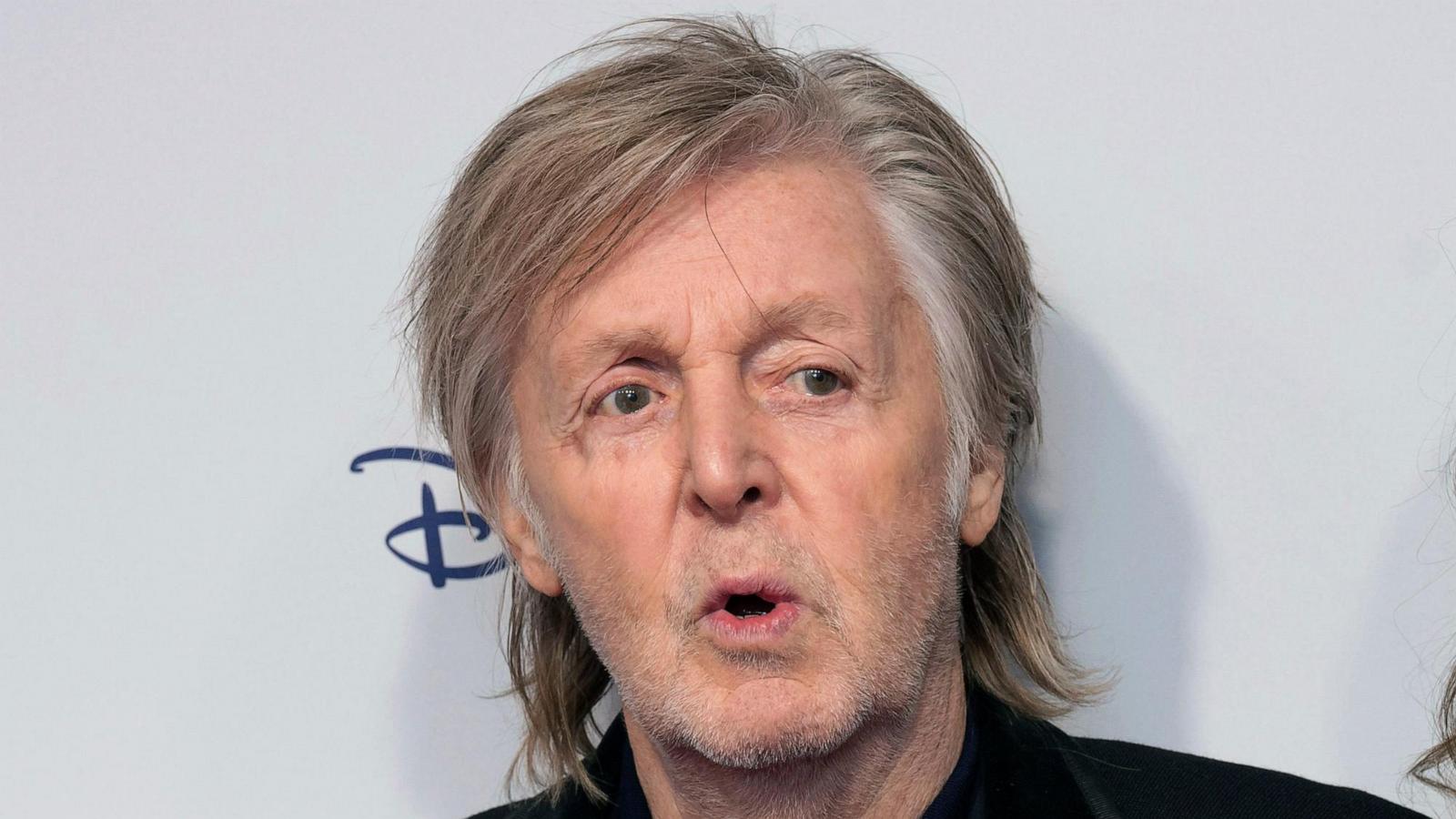Sir Paul McCartney, the legendary Beatle, has recently voiced serious concerns about proposed changes to UK copyright laws. These changes, if implemented, could significantly impact artists' rights and pave the way for AI companies to exploit their work without proper compensation. This isn't just a battle for music royalty rights; it's a fight for the future of creativity itself! Let's dive in.
The AI Copyright Conundrum: Will Technology Steal the Show?
The British government is currently consulting on a proposition that would allow tech firms to utilize copyrighted material for AI model training unless creators explicitly opt out. This seemingly minor change could cause massive disruption to the creative industries, potentially impacting both established stars and up-and-coming artists. McCartney warns this shift could empower AI to freely appropriate artists' creations without their consent or financial reward, raising serious questions about intellectual property rights and creative ownership. How does this affect the future of musicians and the music business?
The impact on aspiring musicians: A future without ownership?
Imagine this scenario: Young, aspiring artists pour their heart and soul into their craft only to find their work appropriated by AI companies without recognition or compensation. This isn't some far-fetched dystopian future; it's the reality McCartney fearfully highlights, underscoring a system prone to the exploitation of creativity by corporations who control the infrastructure for AI. Without explicit ownership over their work, upcoming talents may face a financial disaster that effectively kills their musical careers early. Many would not pursue music or any kind of art anymore.
Big Tech’s involvement: Where do the profits go?
McCartney is also deeply concerned about the lack of transparency regarding the financial benefits resulting from this potential legislative change. While it's clear that tech giants would leverage the increased access to copyrighted material to create more successful products and generate hefty profits, the issue is exactly where these profits are directed. The concern centers around whether the money, earned through the exploitation of creative works for AI development and streaming profits, ends up in the pockets of the creators themselves, or in the hands of large tech companies.
Paul McCartney's Plea: Protecting Artists, Protecting Creativity
McCartney, a global icon of artistic ingenuity, advocates for governments to create measures protecting artists' rights in this evolving technological landscape. The legendary Beatle makes a clear, pointed statement: He wants governments to acknowledge and protect the creative work of artists, not to allow AI and Big Tech to take over and exploit the fruits of artists' labor. This plea is not merely self-serving, but rather about the protection of artistic expression and the very soul of the creative process itself.
The power of the voice: Speaking up against a monolithic corporation
The stance taken by McCartney should not be dismissed as mere self-interest, given his incredible stature and decades-long influence. His appeal resonates widely, not just with other artists, but also with ordinary individuals who can easily appreciate the critical value of protecting intellectual property and fostering a just environment for creative expression.
Why this fight matters for everyone
Ultimately, this battle is about more than simply royalty payments and artistic compensation. It highlights the ethical issues involving the use of data that fuels AI technology. The larger question involves safeguarding creativity and innovation; promoting fair economic models; and preventing an imbalance of power where a few technology giants disproportionately profit at the cost of individual creators and the broad creative community. The fight concerns the freedom for expression of ideas, concepts and arts.
The Future of Copyright: Balancing Innovation and Protection
This critical conversation raises serious ethical issues for the government, legislators, and technology companies involved. It forces the question about finding a balance between fostering the rapid innovation spurred by advancements in AI and preserving the rights and livelihoods of artists who produce the very foundation of creative material that drives AI's growth and development.
Navigating the complex legal landscape
The proposed legislation highlights a difficult and ever-evolving area of intellectual property rights. The balance between the promotion of AI progress and artist compensation requires a comprehensive approach that acknowledges both aspects.
Striking a balance: protecting artist's right versus fueling innovation
Negotiating the complexities surrounding AI, data, and artist's rights demands a sensitive legal approach to strike the right balance. The concern remains of preventing tech firms from abusing the system through means that result in less compensation for the creation of original music.
Take Away Points
- Sir Paul McCartney's powerful statement highlights a crucial issue regarding the use of copyrighted materials in AI development.
- This situation challenges lawmakers to create robust legislation that protects artists' rights in the digital era.
- The debate highlights the complexities of balancing technological advancements and equitable artist compensation. This situation will continue to play out.
- We, as music lovers and consumers of digital media, must remain vigilant about artist's rights. We must take an active role in the discourse about balancing AI progress and artists' interests.




